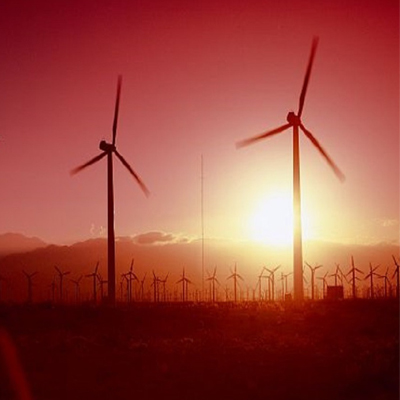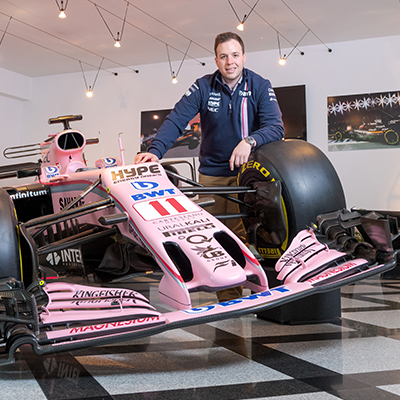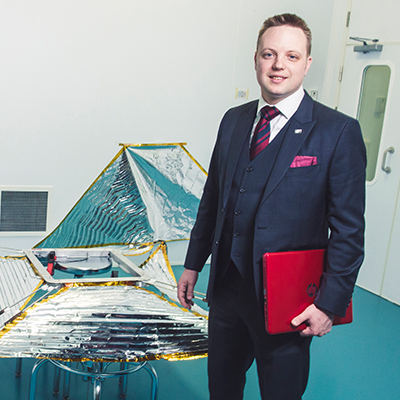- Job title Research Fellow in Combustion, Carbon Capture and Storage
- Organisation Cranfield University
- CourseEnergy and Power PhD , 2017
In recognition of the calibre of her PhD, her drive and contribution to the University, we congratulate Maria Erans, winner of the 2018 Lord Kings Norton Medal.
Named after Lord Kings Norton, Cranfield’s first Chancellor, this medal is the only prize awarded across all doctorate students at the University. This is only the second time it has been awarded to two students in the same year.
"My PhD was like a job, funded through the Research Fund for Coal and Steel. It led-on from the modelling I did in my master's to do the hands-on work.
"l'm looking at the challenges with solid materials used in calcium looping for CCS. The reactivity of the solid material we use to capture the CO2 in power plants decays quite quickly, and as the particles move from one reactor to another they can break and leave the reactor. I'm trying to improve the chemical and mechanical properties of these sorbents, to make them more stable."
Benefits of an international team
"A highlight of my PhD was going on placements to meet professors and other researchers working on calcium looping. I applied for funding from the UK Carbon Capture and Storage Research Centre to go to the University of Stuttgart in Germany for four months and University Federico II in Naples, Italy for another two. I performed some experiments and I helped them with their pilot plant, which is much bigger than Cranfield's. I have spoken at a few conferences as well, in China and in Sheffield and Nottingham in the UK too.
"You get ideas and meet people working on the same thing as you, who can give you advice – laboratory advice is always very useful. At Cranfield I'm working with quite a multicultural group too, Vasilije supervised Dawid (who won this prize last year) and me through our PhDs. He's a brilliant supervisor and mentor.
"I think that the best thing is seeing all that you have achieved – that feeling is pretty good – there are ups and downs through the whole process but you can see at the end all that you did. Technically, I think we're very close to being able to implement this technology, but we need the government to do their part.
"I would like to continue doing research in academia, as part of this global team trying to solve a global problem."
"Being at an exclusively postgraduate university is good to concentrate and the teaching commitments are less so you have more time to focus and deliver your research. That side of it is good. There is a part of the experience that is missing here. The master's students are changing all the time with one-year courses, but it brings the PhD students closer together.
"The CSA has many societies. I like sharing culture. This year, in Cranfield International Dance Club, we were teaching Sevillanas, which is a typical Spanish dance, similar to flamenco.
"The cultural differences are obviously there. However, working in another country has its advantages, as it improves creativity and leads to better solutions as you are stimulated by different ideas and perspectives.
"Everything else is similar. I think because I had such a wide group of friends that are also from my country that has helped me with the adaptation process."
Master's experience
"My master's group project was sponsored by BP. They had a problem with their liquefied natural gas plant and they wanted us to come up with possible solutions. There were five in my group; we had Polish, Nigerian and two Spanish. I was the only woman. It feels like a long time ago now.
"My thesis was also looking at the decarbonisation of the power sector. I modelled a natural combined gas cycle. You have a gas turbine and a steam turbine in a combined cycle. The CO2 left from the combustion of the fuel, natural gas in this case, can be captured in a plant downstream and remove the CO2 and mitigate climate change.
"For my PhD I'm looking mostly at materials for CO2 capture. I produce CO2 solid sorbents and test them in different conditions and scales, from very small scale, (milligram), to pilot scale."


